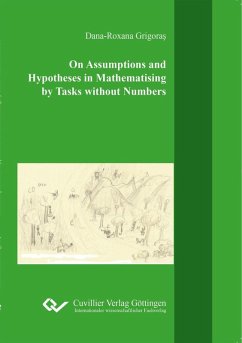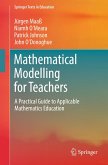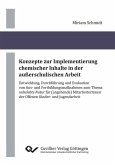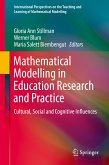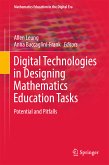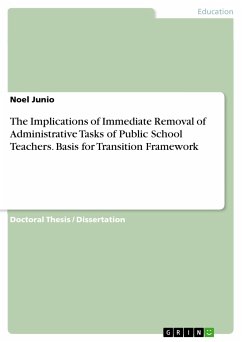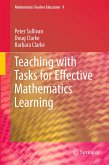When seen as problem solvers of apparently non-mathematical tasks, i.e. tasks without numbers, students mathematise, thus translate text into mathematics. While doing that within groups, they discuss and controvert, by expressing statements in form of assumptions and hypotheses. Beginner and experienced modellers show different working behaviours when investigating how students’ perform three main modelling tasks. Epistemic actions within the mathematical modelling cycle, with RBC and SDDS models on a micro-level provide the theoretical framework based on which actions of students are empirically observed and separated into “mathematical world” and “real world”. An extended categorisation of the assumptions related to the characteristics of the modelling process and a rough differentiation of hypotheses mainly according to the epistemic actions involved are proposed as results of the study. A generic levelling of students’ modelling competencies is also developed, being supported by empirical evidence, but also by normative settlings.
Dieser Download kann aus rechtlichen Gründen nur mit Rechnungsadresse in A, B, BG, CY, CZ, D, DK, EW, E, FIN, F, GR, HR, H, IRL, I, LT, L, LR, M, NL, PL, P, R, S, SLO, SK ausgeliefert werden.

